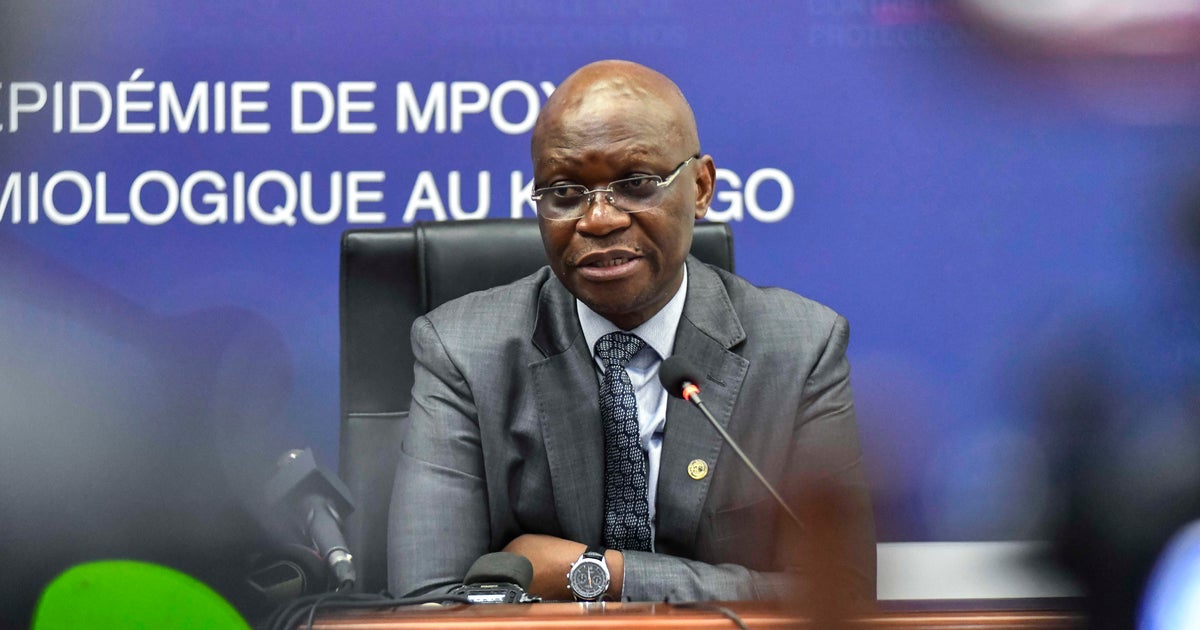Judge Says Vitaminwater Might Be Fattening: Why Doesn't Coke Understand the "Jelly Bean Rule"?
 A class action lawsuit claiming Vitaminwater falsely advertised that it could prevent "age-related eye disease" can go ahead, a federal judge has ruled, adding Coca-Cola (KO) to the list of corporate titans who just don't seem to understand the way U.S. law applies to products that claim a health benefit.
A class action lawsuit claiming Vitaminwater falsely advertised that it could prevent "age-related eye disease" can go ahead, a federal judge has ruled, adding Coca-Cola (KO) to the list of corporate titans who just don't seem to understand the way U.S. law applies to products that claim a health benefit.
Coke and its Glaceau unit's promotion of Vitaminwater has been cynical, to put it politely. Most people think the drink contains water and vitamins. But if you read the ruling, and look at the drink's ingredient and nutrition labels, it's pretty clear that Vitaminwater would be more truthfully marketed as Sugarwater. Vitaminwater has 33 grams of sugar in each bottle. (Trust Coke to find a way to make water fattening!)
The suit is going ahead because a judge found that Coke had made health claims in its promotion for Vitaminwater that were potentially misleading. Among them:
... scientific evidence suggests may reduce the risk of age-related eye disease.The FDA actually prohibits health claims being made for products that have either been indiscriminately fortified with nutrients or that may lack certain bad ingredients. (This is the so-called "jelly bean rule": it prevents the makers of jelly beans claiming they're low in fat. Jelly beans are low in fat, but that's not the point.) Similarly, Coke seems not to have understood -- and most Vitaminwater drinkers certainly don't understand -- that dumping vitamins into sugar water does not make it a health drink.... specially formulated with bioactive components that contribute to an active lifestyle by promoting healthy, pain-free functioning of joints, structural integrity of joints and bones, and optimal generation and utilization of energy from food.
Coke's error is one of a number committed by major advertisers who ought to know better when it comes to nutrition claims:
- Nestlé (NESN) was busted by the FTC for saying its Boost Kids Essentials drink -- another sugar water product -- can prevent colds and diarrhea via a "probiotic straw."
- Mead Johnson (MJN) has on five occasions falsely advertised that its Enfamil baby formula is somehow superior to other brands or will prevent your baby from losing eyesight.
- Matrixx (MTXX) has for years been ignoring the FDA's health regulations to suggest that its Zicam product is a "cold remedy." (It actually robs you of your sense of smell -- don't take it!)
- As for Hydroxycut: Yes, it can kill you.
- And no, Bayer (BAY)'s vitamins do not prevent prostate cancer.
Related:
- Is Jennifer Aniston Contractually Required to Appear Naked in Every Ad She Does?
- Nestle's Sugar Water for Kids Doesn't Prevent Colds, Despite What Ads Say
- Strike Five: Why Mead Johnson Keeps Airing Misleading Baby-Formula Ads
- VitaminWater's Sick Day Campaign Strategy -- Annoy Small Businesses for Fun and Profit
- Matrixx Reloaded: Supremes Could Force Drug Companies to Disclose All Side Effect Reports to SEC
- Why Hydroxycut Had to Kill Someone Before the FDA Could Act
- How a Legal Loophole Let Bayer Claim That Vitamins Prevent Prostate Cancer



